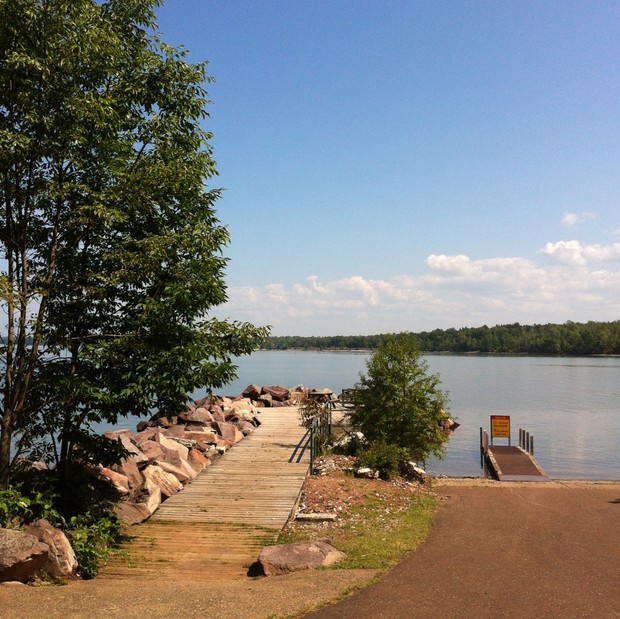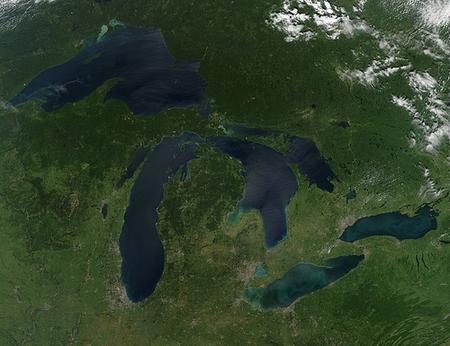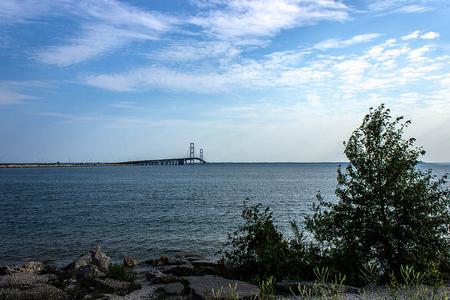Who Owns the Great Lakes?
Why are people trying to harvest water from the Great Lakes?

Join Stephen Henderson, Professor of Environmental Law from Wayne State Noah Hall and author of “The Great Lakes Water Wars” Peter Annin for a conversation on the fight for fresh water from the Great Lakes.
They look at the supply of fresh water in the Great Lakes region and how both local and foreign groups are vying for the supply.
Here are some of the major issues they talked about:
- The Great Lakes Compact. The Great Lakes Compact placed protective measures on water usage from the lakes in 2008. Hall notes that the droughts and water shortages are a reality of daily life in some places, and the abundance of water here is apparent. Annin says the compact is a fence that keeps water in the Great Lakes basin, and it was planned to manage these future conflicts while preserving the area’s water supply.
- Agricultural run-off. Hall talks about the problems with agricultural run-off in the Midwest, and how it has led to toxic algae and drinking water pollution in the Lake Erie. Peter Annin notes that some places are beginning to use alternative farming methods that consume fewer chemicals while not hurting farm yields. He says the Great Lakes region needs to be a role model when it comes to water management and usage.
- Municipal water. Stephen and Hall discuss the contention between communities and the Detroit Water and Sewerage District, as more fresh water issues pop up. Hall says that communities seeking to build their own water networks will find that the process is much harder than it seems, won’t help the lakes in the end and will just add to the siphoning of the lakes.
Click the audio link above to hear their full conversation.
You can read the Great Lakes Compact below:


